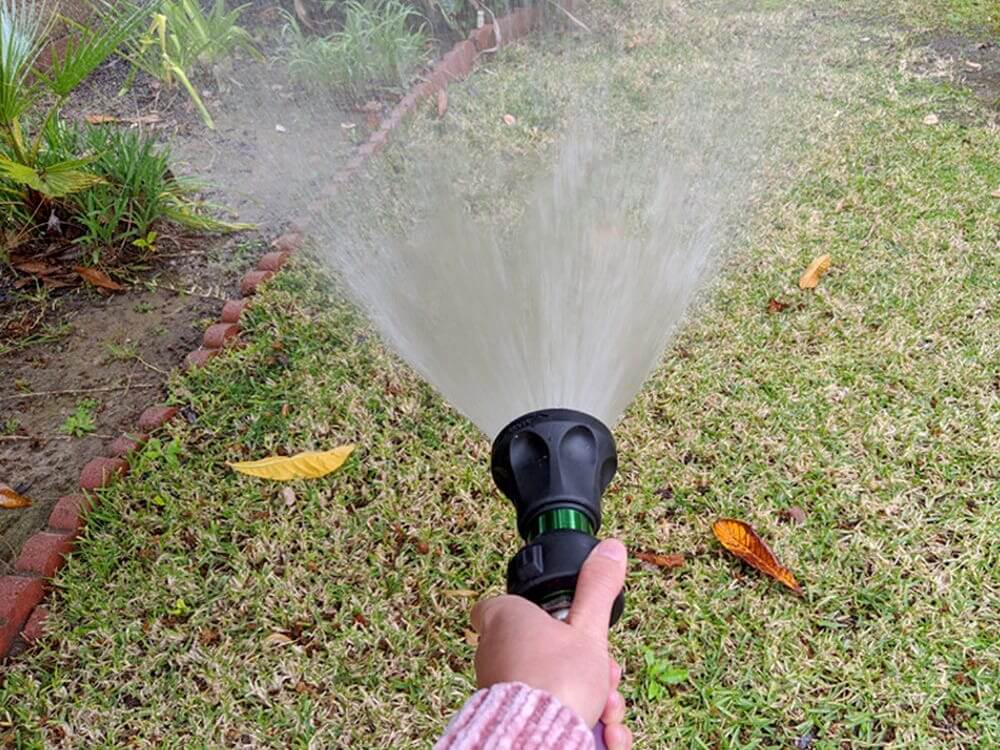Forestry mulchers are tools used in land clearing to grind down trees, bushes, and other plants. Mulcher teeth are essential parts of this equipment. The efficiency of the mulcher is mainly influenced by its teeth. For buyers wishing to replace their mulcher’s teeth or upgrade them, they only have two options which are OEM and aftermarket forestry mulcher teeth. The choice made will have an impact on the performance, cost, and value of the equipment.
OEM Mulcher Teeth
OEM mulcher teeth are components manufactured by the same company that created the forestry mulcher. For example, if you own a Caterpillar mulcher, the OEM teeth will be sent directly from Caterpillar or an approved provider. These teeth are customized for your machine model, assuring a precise fit and compatibility.
Advantages
- Warranty Support: Manufacturers provide warranties for their mulchers but only if the repairs or replacements were done via OEM parts.
- Perfect Fit: They fit your machine perfectly without the need for any modifications.
- Quality Assurance: Many OEM manufacturers implement strict quality control to ensure high-quality materials.
- Consistency: Teeth made by the manufacturer specifically for the machine will have consistent performance.
Disadvantages
- High Cost: Products produced by the manufacturer tend to be more expensive. Everyone in the industry is aware of the brand value enjoyed by Caterpillar. The same brand value is responsible for its high cost.
- Limited Options: The only way to get these types of teeth is normally through authorized dealers, making it part of the buying process. Therefore, it limits one’s purchasing options and flexibility.
What Are Aftermarket Mulcher Teeth?
These are parts created by third-party companies. The product does not come directly from the original equipment manufacturer. The advantage of third-party companies is that they offer buyers more options and cheaper alternatives.
Advantages
- Cost Savings: Mulcher teeth in this category are considerably less costly. It is one of the reasons they are becoming increasingly popular by the day.
- Variety and Availability: It is now possible to find mulcher teeth made with special materials or designs to increase their availability. It is a luxury S-level buyers do not enjoy.
- Improved Features: The producing companies offer teeth with special materials which leads to much longer use.
Disadvantages
- Fitting and compatibility problems: The mulcher teeth might not fit as perfectly as the original market teeth, which might lead to a significant problem when it comes to performance.
- Quality problems: Another problem is that the manufacture of these products is not as reliable as the original product manufacturers.
- No warranty: Another major disadvantage is that they have no warranty. This implies that if the products get damaged, you will have no one to consult.
Conclusion
The question of which of the two – OEM or aftermarket forestry mulcher teeth – is better boils down to what you consider to offer you better value. If you are looking for guaranteed fit, consistent performance, and long warranty protection, then the OEM type would be a better choice. On the other hand, if you are looking for cheap alternatives, alternatives that offer a wide range of options and substitutes, then aftermarket teeth would be the best choice for you. Overall, when you are choosing both, it is important to weigh the cons and pros of the two alternatives based on your needs and budget. Both have their benefits, and it is up to you to decide which offers you better value for your forestry mulcher.












